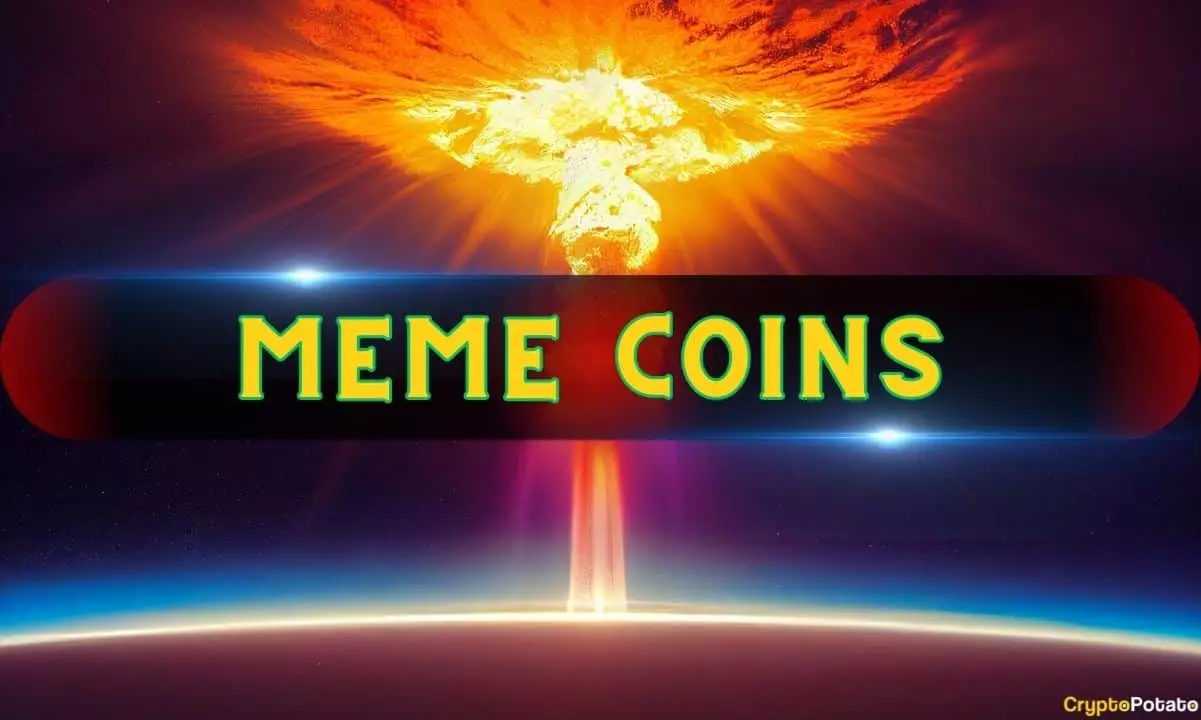The surge in popularity of meme coins in the cryptocurrency market has sparked concerns among industry experts. Chris Dixon, a general partner at Andreessen Horowitz (a16z), has criticized the US regulatory system for allowing meme coins to flourish while legitimate cryptocurrency companies and blockchain projects face regulatory hurdles. Dixon highlights the speculative nature of meme coins, which are often created for humor and entertainment purposes, such as Dogecoin inspired by the “doge” meme.
Dixon points out the regulatory disparities that exist in the cryptocurrency market, where meme coins can easily be launched and traded, while entrepreneurs working on innovative blockchain projects struggle with regulations. He compares this to a “computer vs. casino” dynamic, with one culture focused on genuine innovation and the other on risky speculation. Dixon emphasizes the need for better regulations to protect investors and prevent scams in the market.
In 2024, meme coins experienced a resurgence in adoption, with the total market cap reaching $80 billion before dropping to $50 billion. While some meme coins like Dogwifhat (WIF) gained significant media attention and market capitalization, many others ended up in rug pulls or faced immediate market dumps after launch. These stories of quick gains often entice inexperienced traders to enter the volatile crypto market, risking significant losses.
Dixon calls for a comprehensive regulatory framework that accounts for the different characteristics of various tokens in the cryptocurrency market. He stresses the importance of establishing clear guidelines to ensure fair, efficient, and safe trading environments for investors. Drawing parallels with historical events like the post-Great Depression era, Dixon highlights the need for regulatory guardrails to foster growth and innovation in the cryptocurrency industry.
The regulatory challenges posed by meme coins in the cryptocurrency industry raise significant concerns about investor protection and market integrity. While meme coins continue to attract attention and investment, the lack of regulatory oversight leaves room for fraudulent activities and speculative trading. As the industry evolves, there is a growing need for regulatory reform to establish a level playing field for all participants and promote sustainable growth in the crypto market.

